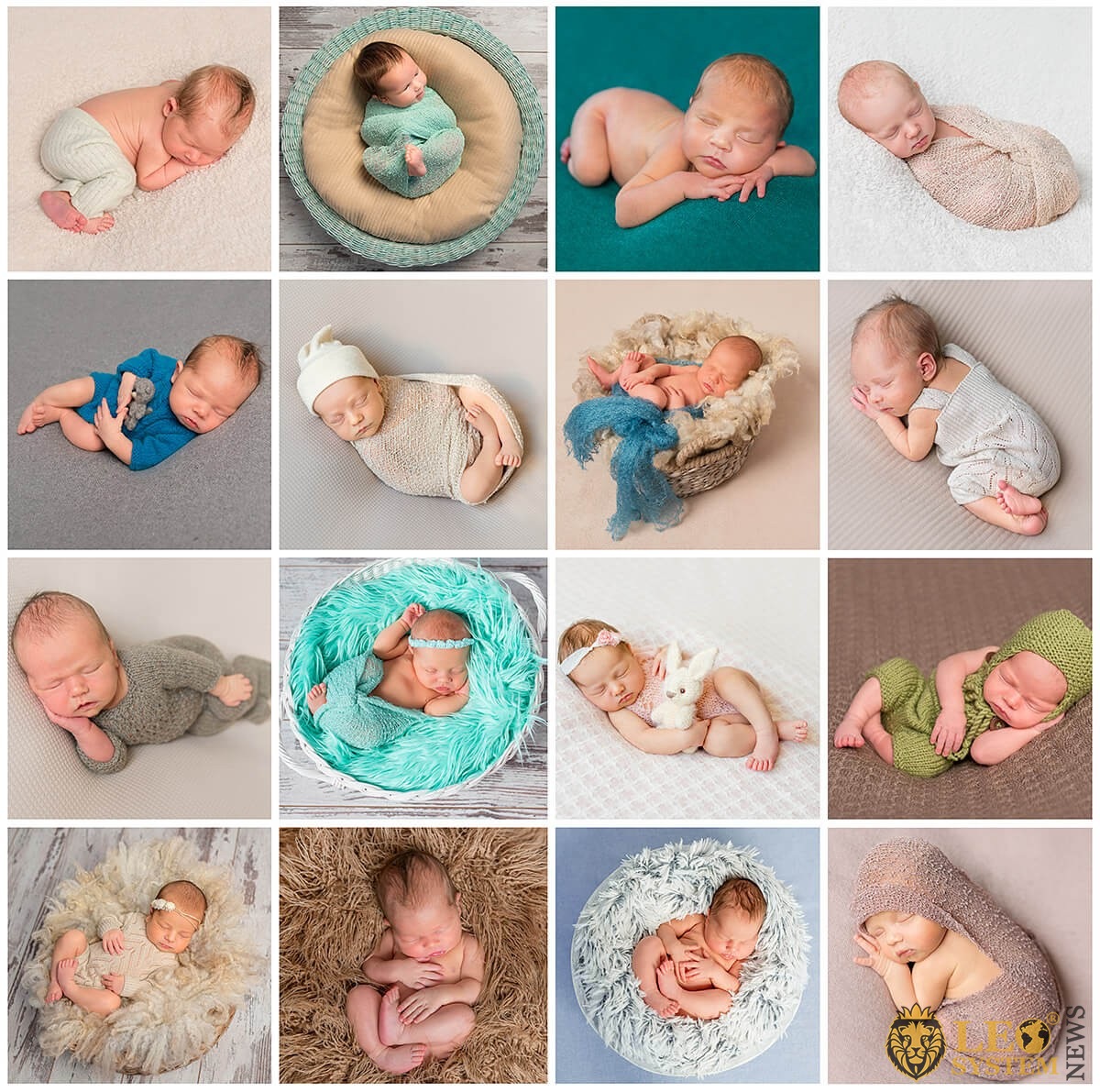A woman can only reproduce during her reproductive years, which are roughly from the age of 13 to 50. After menopause, she can no longer bear children. Men, on the other hand, can continue to reproduce till the age of 60 or even older, depending on the health and quality of their sperm.
How many children can a woman have, interesting world statistics tell us that it depends on her overall health as well as how many babies she can have each time she gets pregnant. If she is able to have twins every time, then she can produce around 30 babies in her lifetime!
Factors That Affect a Woman’s Fertility.
It is not easy for some women to get pregnant much less produce more than 10 babies in their entire lifetime. There are many reproductive problems that are becoming very common in the modern world. Not only it is difficult for these women to get pregnant, but also to carry it all the way to the end and give birth to a healthy and normal baby.
When the natural process is disturbed due to the use of birth control pills or other hormonal contraceptive methods, the chances of getting pregnant are decreased. Men are also diagnosed with fertility problems and even if the woman is perfectly healthy, she wouldn’t be able to conceive if her husband or partner is infertile.
Some women do get pregnant, but they miscarry due to health or other reasons. Some couples face fertility challenges even if they are perfectly healthy and have no reproductive issues. Around one-third of the population with no children is diagnosed with these “unknown” challenges.
Some reasons for infertility in women include:
- Age – Women are the most fertile in their 20’s so as soon as they enter the 30’s their chances of getting pregnant decrease;
- Hormonal imbalance – This is usually caused by some conditions like PCOS, PID, uterine fibroids and endometriosis;
- Lifestyle – Unhealthy lifestyle that includes smoking, drinking alcohol and drug abuse can make a woman infertile;
- Stress – Too much stress can take a toll on the overall health of a woman, including her reproductive system.
Today, a large number of women experience problems when they’re trying to conceive. Some may have no control over it, as their partner might be the cause of them not having a baby. Now let’s look at some of the interesting stats that give an insight into how many babies a healthy woman with no issues and challenges can bear.
How Many Children Can a Woman Have – Interesting World Statistics.
Although nature has not put a limit to how many children a woman or a man can have in their lifetime, most women in the world today give birth only four to five times in their entire life. It is usually a matter of personal preference and of course affordability for married couples to decide on the number of children they want.
According to the Guinness Book of World Records, the woman who has had the most children in the world was a woman from Russia, and she gave birth to 69 children in her life!

Now it is obvious that she didn’t get pregnant for 69 times. She actually bore twins and triplets almost every time she got pregnant. That’s another interesting fact that makes us explore into the odds of conceiving twins or triplets. The most common reason is fertility treatment, which stimulates a woman’s ovaries, causing them to release more than one egg. IVF or in vitro fertilization (in which fertilization takes place outside the body) is another treatment that increases the chances of having twins.
It is important to note here that fertility treatments alone are not the reason behind conceiving twins. Some women are more likely to get pregnant with twins and even triplets. It has been found that women who try to get pregnant after 30 have higher chances of conceiving twins.
Moreover, a family history with non-identical twins, also known as fraternal twins, can also increase the odds of having multiple babies. It has been found that women who consume more dairy products in their diet are more likely to conceive twins. It is clear from the fact that cows are given growth hormones to produce more milk, which is transferred to the woman who is consuming that milk or other dairy products made from it. As a result, her own increased hormonal levels elevate her chances of having twins.
While obese or overweight women normally find it challenging to conceive and give birth, they are more likely to have twins when they get pregnant. It may sound ironic, but it’s true. Another study reveals that taller women have increased chances of having twins. The reason behind it could be better nutrition right from the beginning that lead to more height and a better reproductive system. On a final note, women who are African-American are more likely to have multiple babies per pregnancy.

These are some of the interesting facts that tell us how many babies a woman can have in her life cycle. If we consider around 20 pregnancies on average with twins every time, a healthy, normal woman can give birth to 40 babies!
Total.
A woman is capable of giving birth to a child every year or so after reaching the age of puberty. Keeping in view the nine months of pregnancy and her recovery period, it has been estimated that an average woman is able to produce 15 to 30 babies in her life. How many children can a woman have, interesting world statistics reveal that the most prolific woman in the world was a woman from Russia, and she produced 69 babies over 27 pregnancies.
However, most women in the world today are not capable of getting pregnant every year due to lifestyle, personal preferences, health, and factors that are beyond their control. Stress also plays a role in making a woman infertile. Many times when a woman is unable to conceive, the reason behind it is her infertile partner.
































